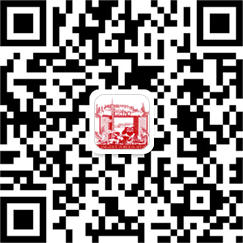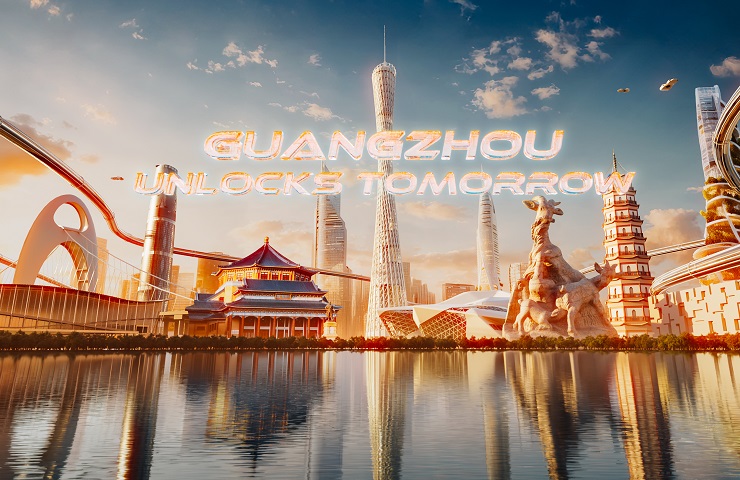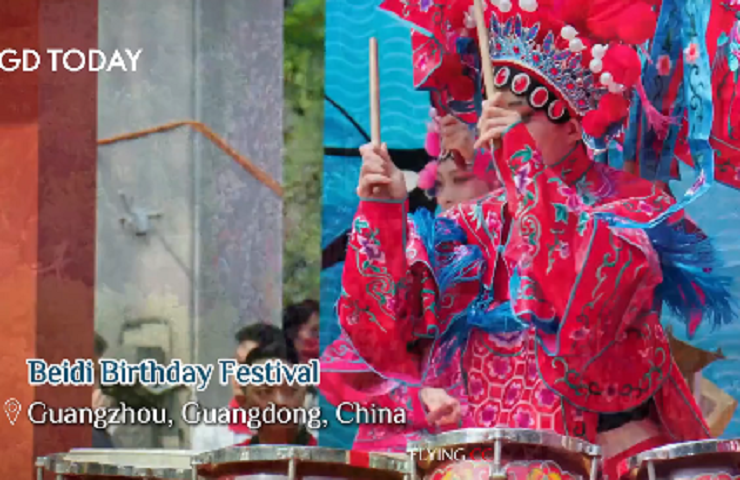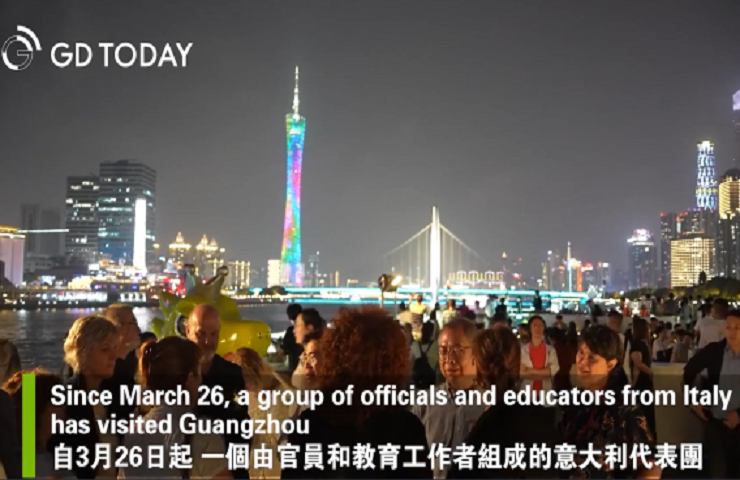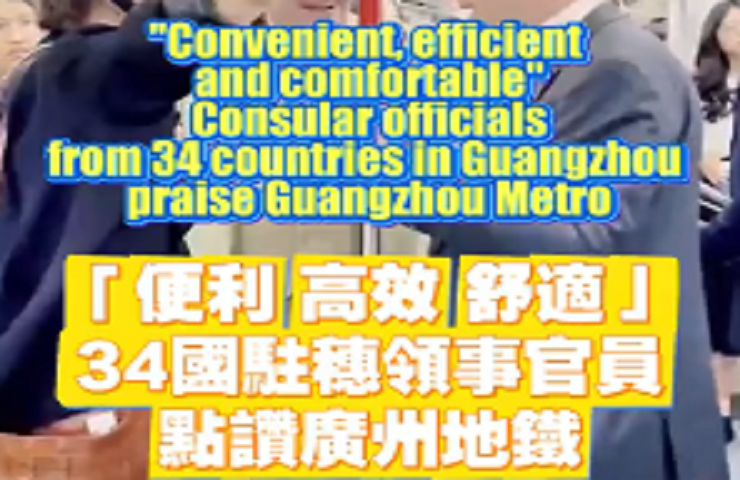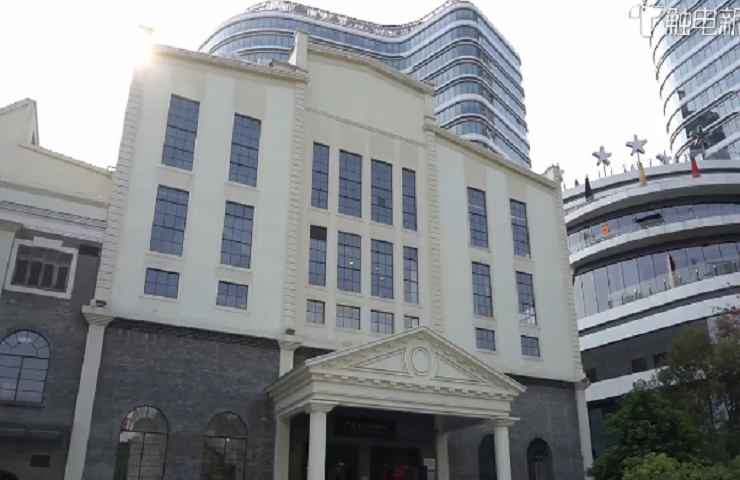Herbal tea more popular worldwide
Guangzhou Pharmaceutical Group, a renowned Chinese pharmaceutical maker, is showcasing its Wanglaoji herbal tea - a product integrating traditional Chinese medicine with modern innovation - at the ongoing 2017 Fortune Global Forum.
Originating in Guangdong province, the herbal tea with its 190-year history is made using the traditional Chinese medicine simmering process, which takes a long time.
The group, a sponsor of the forum, wants to make Wanglaoji a modern and healthy product with worldwide popularity.
According to the company, Wanglaoji herbal tea has been sold in about 60 countries and regions.
It accounted for 42.8 percent of China's total herbal tea exports last year. The United States is the largest market with annual sales value of 10 million yuan ($1.51 million), with sales there growing 30 percent annually in recent years.
Li Hong, general manager of Guangzhou Baiyunshan Pharmaceutical - the subsidiary of Guangzhou Pharmaceutical Group that produces the herbal tea - said they had faced many challenges when entering the overseas markets.
The main problem is that overseas customers lack knowledge of traditional Chinese medicine.
"We will build herbal tea museums worldwide to help locals to learn about traditional Chinese medicine and promote our products," Li said.
"Attending international events, such as the Maritime Silk Road Forum and the Fortune Global Forum, offers opportunities for foreign customers to try our products and know more about our brands."
Guangzhou Pharmaceutical worked with Nobel physiology laureate Ferid Murad and Swiss company SGS to formulate an international standard for Chinese herbal tea in 2013, according to Li.
The standard was formulated with safety requirements and the quality control standards of medical plants in the European Union and North America as a framework of reference. This created a solid foundation for the internationalization of this Chinese herbal tea, Li said.
To test the beverage's raw materials and identify its genetic ingredients, the company developed a DNA barcode identification system in 2014.
It won second prize for scientific and technological progress during the National Science and Technology Award Conference on Jan 9. This is the first national science award ever given to the Chinese herbal tea industry.
Applied to the production line, the DNA barcode identification system aims to guarantee the quality of the beverage and increase consumers' satisfaction.
Guangzhou Pharmaceutical has teamed up with local high-tech companies such as Midea and iFlytek, adopting artificial intelligence in healthcare services.
The group signed an agreement with Midea in September to develop industrial robots, smart chemical warehouses and a big data system.
Copyright © Foreign Affairs Office of Guangzhou Municipal Government,
Hong Kong and Macao Affairs Office of Guangzhou Municipal Government All rights reserved.
Presented by China Daily.
京ICP备13028878号-28


